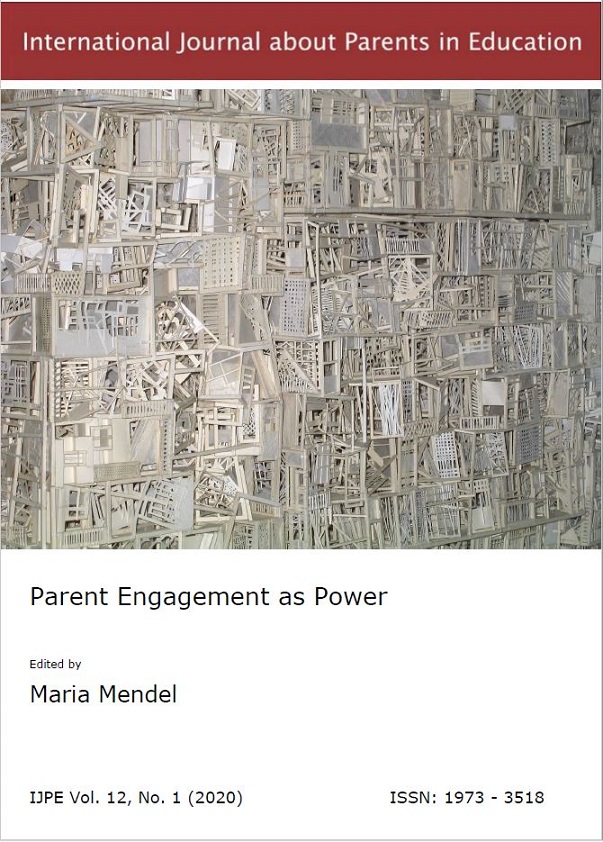The Influence of Taiwanese Parenting Style on Adolescent Mental Health and Academic Performance
DOI:
https://doi.org/10.54195/ijpe.14115Keywords:
Taiwan, parenting, mental health, achievementAbstract
Using a nationally representative sample of 16,178 9th grade students from the Taiwan Educational Panel Survey (TEPS), this study examines the relationships among parenting styles, adolescent mental health, and adolescent academic performance and distinguishes between two key dimensions of parenting styles (support vs. control), paternal and maternal styles, as well as outcomes between boys and girls. Results of multi-group structural equation modeling demonstrate that paternal and maternal support were related positively and significantly to the mental health of both sons and daughters as well as their academic performance. Paternal and maternal control were negatively associated with the mental health of both sons and daughters. Paternal control was negatively associated with the academic performance of both sons and daughters. However, maternal control was found to be positively related to the academic performance of sons, but this effect was not significant for mother-daughter dyads. Finally, similar to other studies using TEPS data, mental health status was negatively associated with the academic performance of both sons and daughters. The negative relationship between adolescent mental health and academic performance indicates the need to emphasize the impact of excessive academic pressure on Taiwanese adolescent mental health.





